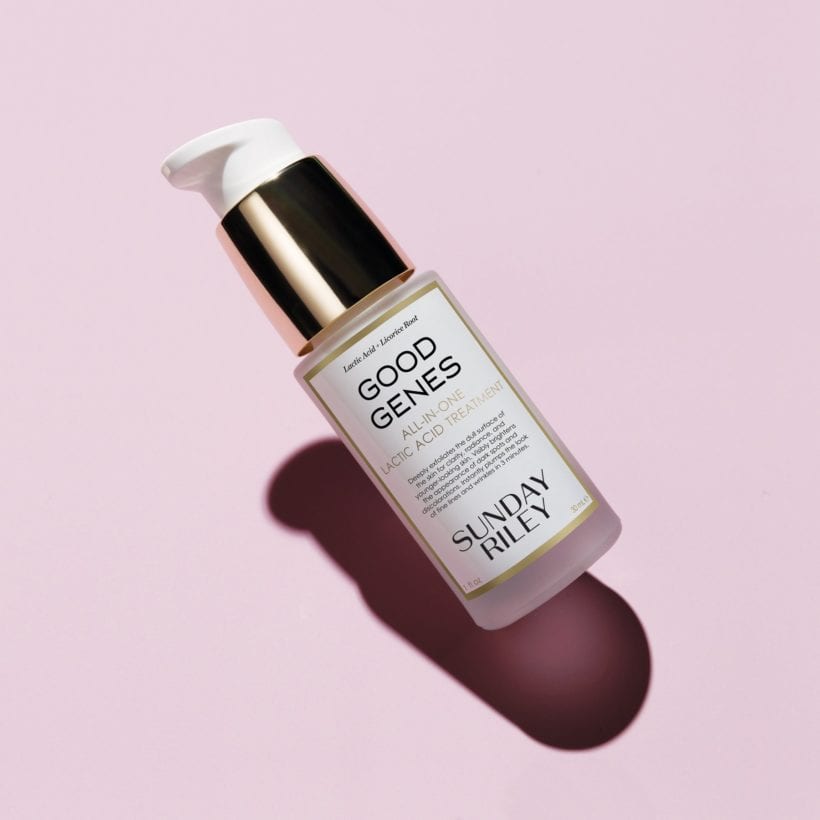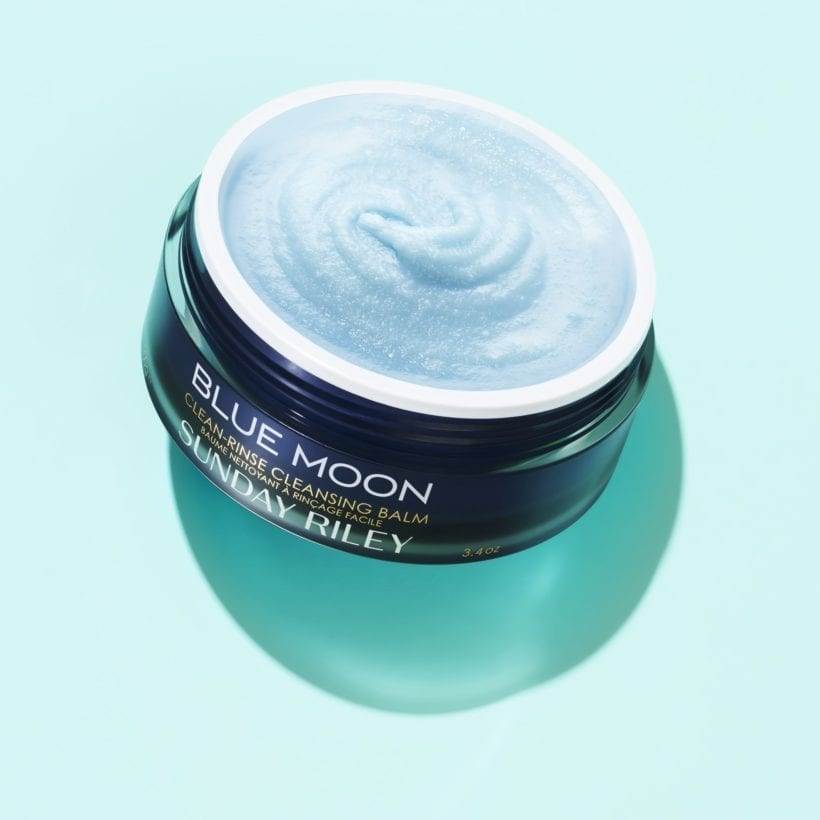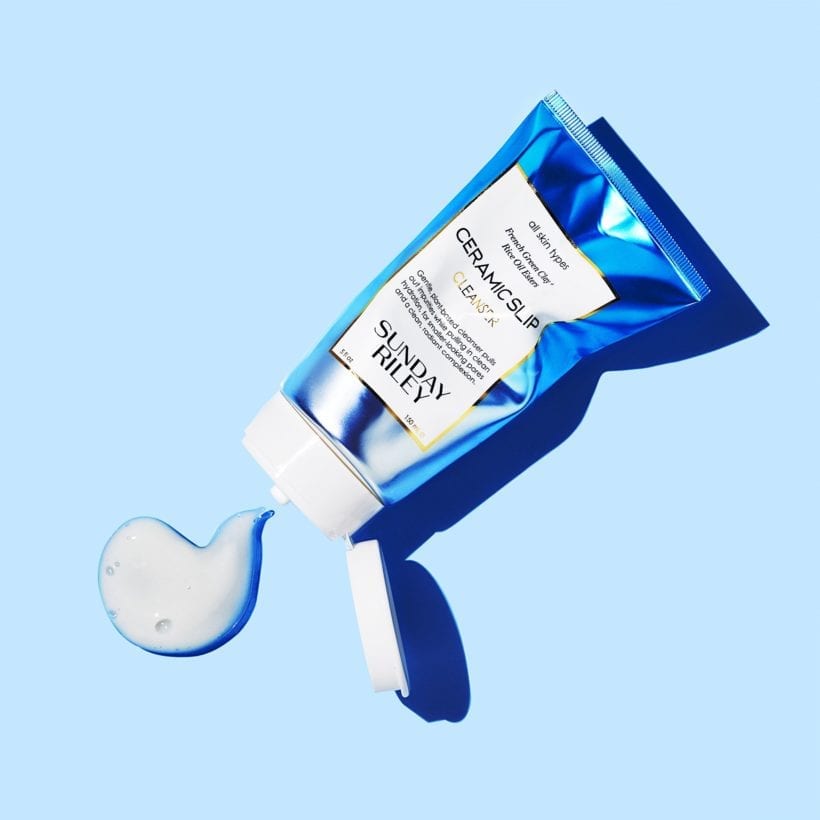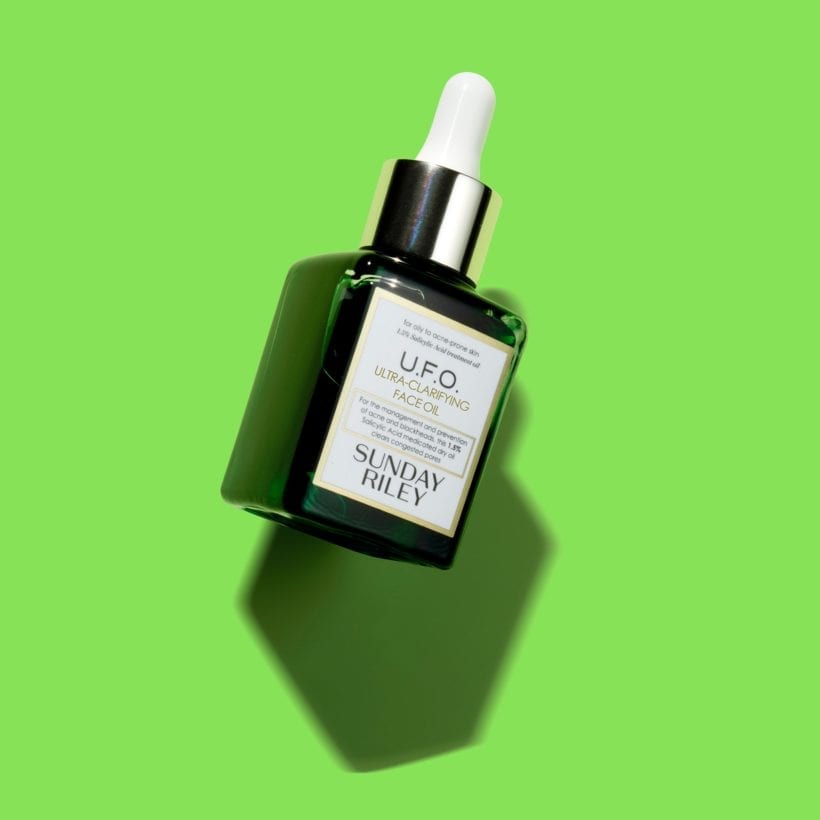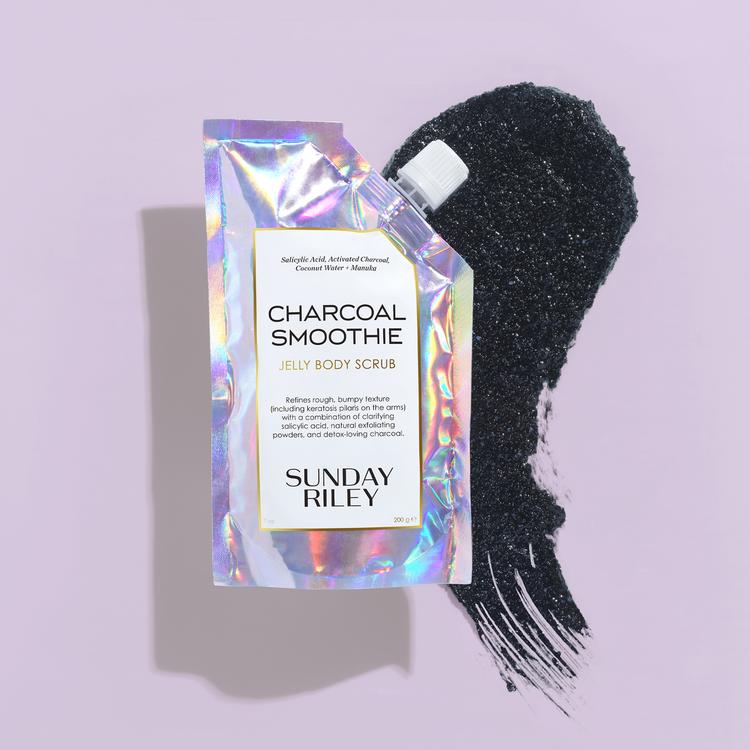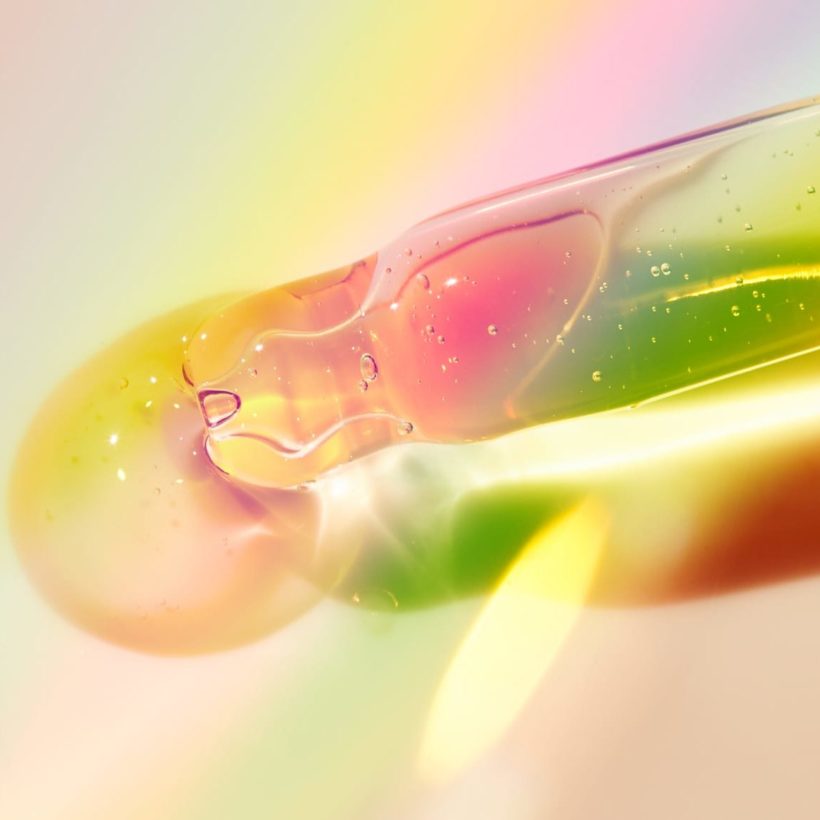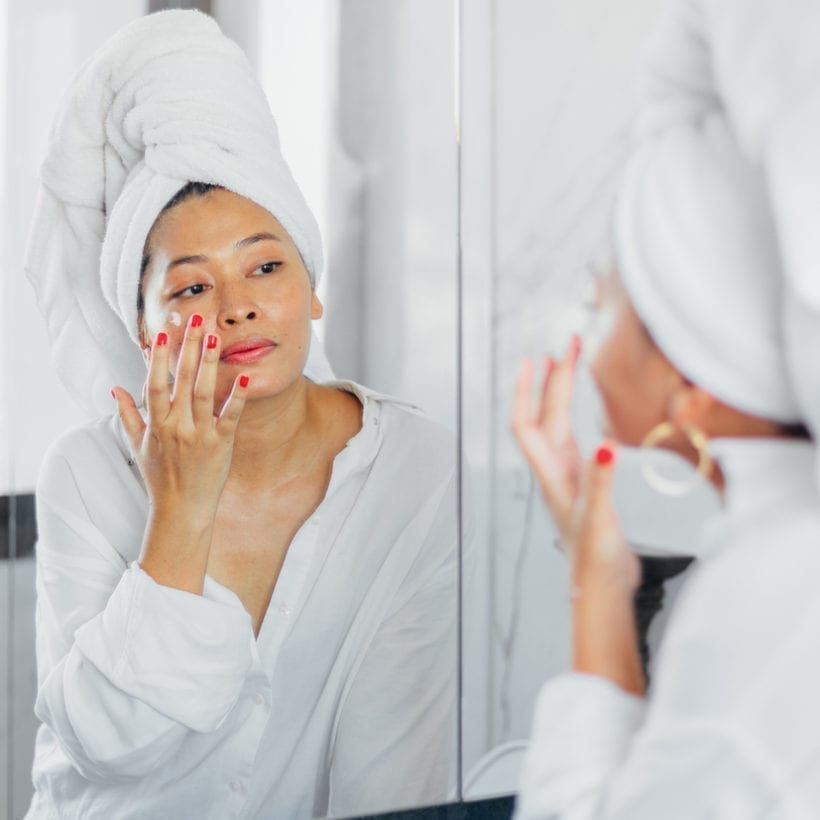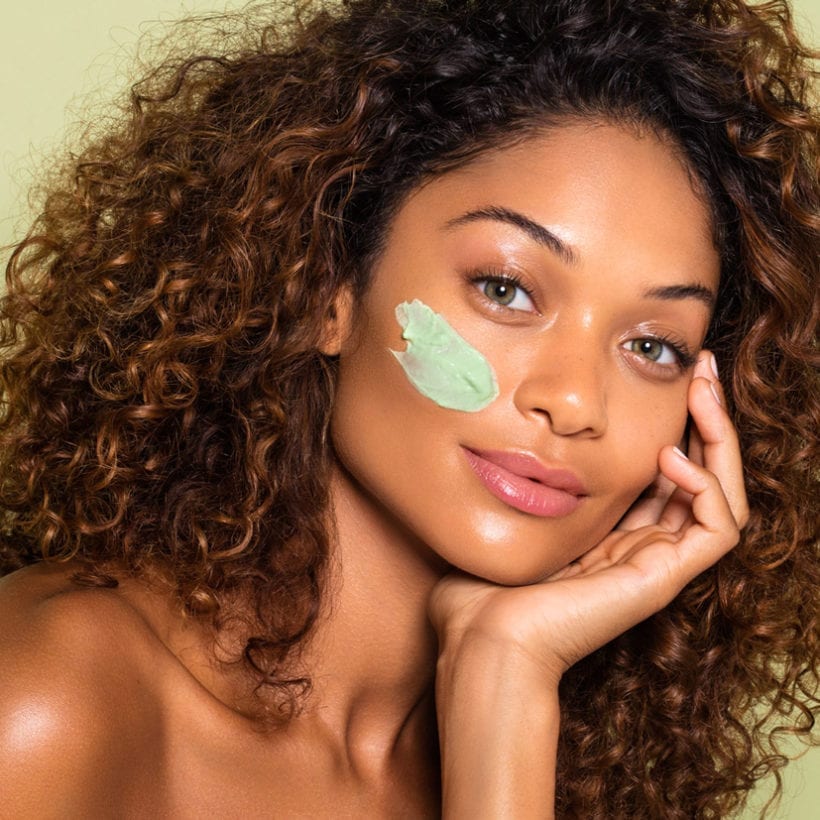Just a month ago the Centers for Disease Control and Prevention lifted mask restrictions, announcing that fully vaccinated Americans should feel safe to go bare-faced both indoors and outdoors (please check any updates about mask policy here). Though many celebrate this freedom, it will take time to adjust mentally, emotionally — and physically. After all, the mask has done more than protect ourselves and others from a deadly virus; it’s also covered up and created skincare issues. As dermatologist Kristin M. Baird, MD says, while there is a lot to look forward to, many people have struggled with acne, dull skin, and other ailments. “The bacteria from our breath, increased humid air under the mask, and lack of skincare has led to ‘maskne,’” she continues. “Acne can result in red marks, pigmentation, and scars that may persist.”
As businesses and restaurants all gradually relax mask requirements, we’ll all be completely mask-free pretty soon. So how can we heal our pores for the big day when it comes? Here, a guide from dermatologists on cleaning up our skin:
Start weekly exfoliation at home.
To prepare for going mask-free this summer, Dr. Baird suggests starting weekly exfoliation at home. You can do this with a gentle chemical exfoliator or by using a soft facial brush to dig through your pores kindly. By exfoliating, you shed the dead skin cells on the surface of the skin and reveal a healthier — and more radiant — skin underneath, Dr. Baird.
It can also be helpful to maintain your skincare regime with a morning and evening wash. “Starting the day off cleansing facial skin will remove the bacteria build-up and dust particles that can interfere with how our skin breathes,” Dr. Baird explains. “Ending the day by thoroughly washing off any makeup or dirt that may have contacted the skin will help keep the pores clean.”
Reduce the use of retinoids to fight perioral dermatitis.
According to dermatologist Dr. Deanne Mraz Robinson, MD, FAAD, face masks can also exacerbate perioral dermatitis, an inflammatory rash around the mouth. How come? When we wear a mask for an extended period of time or particularly while exercising, our skin remains warm and damp. Then, the mask rubs up against it, creating irritation and inflammation. This can contribute to or worsen perioral dermatitis — and be uncomfortable, to say the least.
If you’ve had flare-ups of this skin condition, Dr. Robinson says to pause the use of topical steroids and strong retinol. “To get rid of the inflammation, you should go back to the basics and cut down your skincare routine. Use a gentle cleanser, moisturizer and consult your dermatologist about using a topical antibiotic,” she recommends.
Wash your face frequently to battle acne.
Sometimes, you can’t help but wear make-up and also sport your mask. But as we prepare for a mask-free life, it’s essential to minimize the amount of foundation you’re sporting during summer since it will clog your pores. If you have to wear a full face, Dr. Robinson recommends washing your face as soon as you’re back home to reduce ‘maskne’ breakouts. Then, you can apply a serum or oil formulated with salicylic acid to clean out your pores further and protect against zits. Apply it all around your face, but mainly on the areas your mask covers, including your nose, cheeks and chin.
Consider laser treatments and chemical peels.
If acne has become increasingly worse throughout the pandemic, creating scarring, Dr. Baird says it’s worth exploring both laser treatments and chemical peels. Lasers reduce and break up bacteria in active acne and may help reduce the appearance of breakouts and treat scars, as well as hyperpigmentation, she explains. Also, they can visually minimize pore size, even out texture, and stimulate collagen production.
“Chemical peels can be customized to target specific concerns and offer different levels of intensity,” she explains. “By removing the top layers of the skin, chemical peels help to treat clogged pores, acne, uneven skin tone and the appearance of fine lines and wrinkles.”
If interested in either, speak with your dermatologist about the best options for your unique skin types, concerns and goals.
Don’t forget the sunscreen.
The most important thing you can do for your skin as you prepare for reopening is wearing sunscreen every day, Dr. Robinson says. While you may have been out of practice over the last year during the lockdown, it’s time to prioritize this essential skincare habit. Not only is it protecting you against harmful UV rays, but it also fights against aging, including fine lines and wrinkles. Since your mask won’t always be there to cover up to half your face, you need sunscreen to ensure your skin’s vitality and health.
We only recommend products we have independently researched, tested, and loved. If you purchase a product found through our links, Sunday Edit may earn an affiliate commission.

